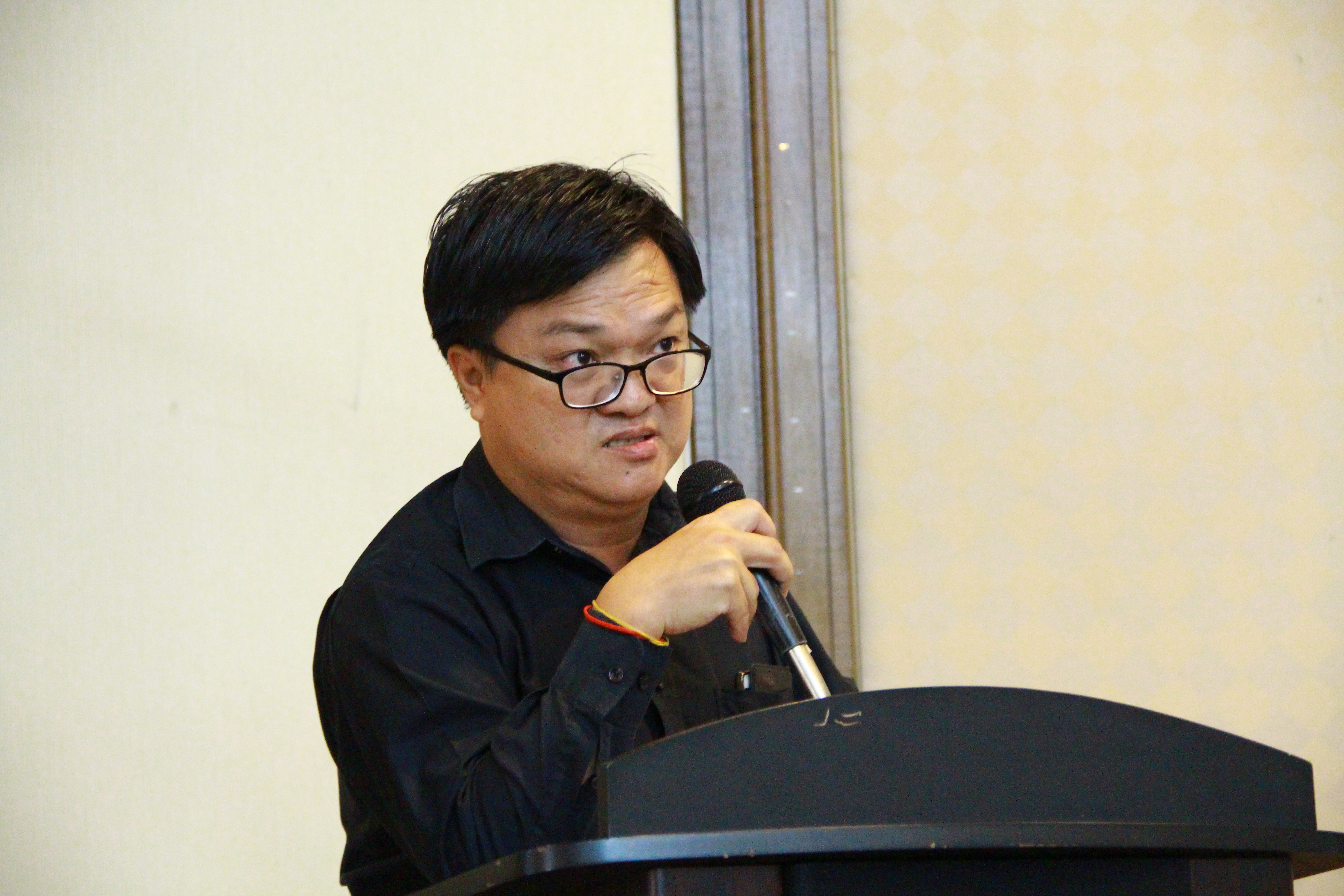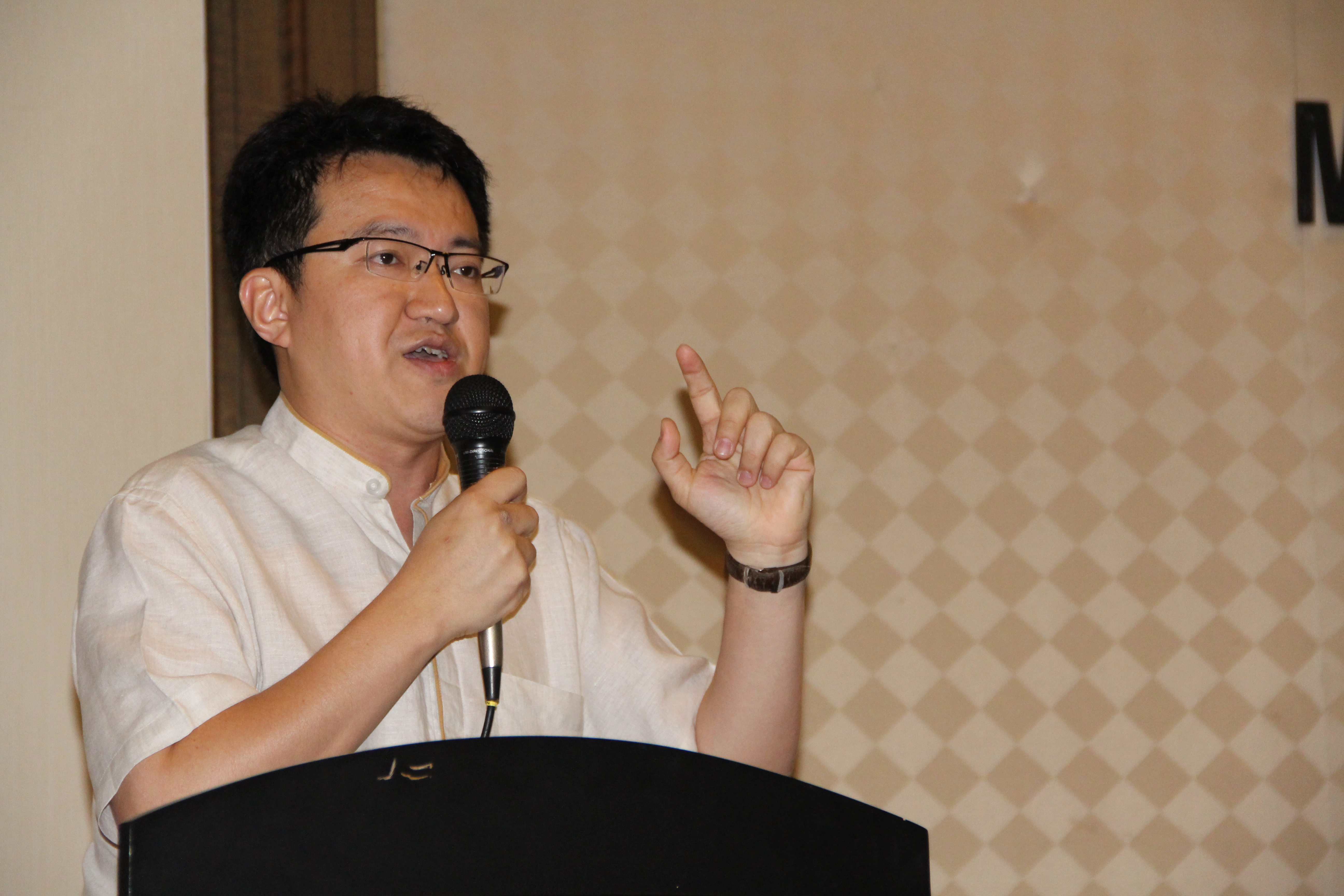 The perception of “Malays losing power” was prevalent in some quarters in Pakatan Rakyat, impeding efforts to restore local democracy, a Penang-based think tank has said.
The perception of “Malays losing power” was prevalent in some quarters in Pakatan Rakyat, impeding efforts to restore local democracy, a Penang-based think tank has said.
In a forum held last Sunday, titled “Beyond Local Government: Making Kuala Lumpur a State Government”, Penang Institute Senior Fellow Wong Chin Huat said that fears of losing racial dominance is preventing the restoration of local democracies.
He said the stumbling blocks to realising this local democracy was not just within Barisan Nasional, but quarters within Pakatan Rakyat, who fear that Malay power would be taken away with the election of non-Malays into power.
This fear was expressed by PAS President Abdul Hadi Awang who recently said that local council elections would lead to another May 13. He had said the electing of many non-Malays into local government would cause dissatisfaction amongst the Malays.
Hadi was criticised by opposition leaders especially from the DAP; DAP leaders see it instead as a push for transparency and efficiency with regards to local issues.
The rhetoric offered by the Islamic leader struck the opposition as orations in the style of UMNO, who speak of May 13 to create an atmosphere of doubt and fear amongst the Malay community usually to resist change or democratisation.
Elaborating further on the issue of race at the forum organised by the Research For Social Advancement (Refsa), Wong said that there are segments of Malays who prefer being governed by Malays, even if it is not in their best interest.
“Their interpretation of Malay power (kuasa Melayu) is that Malays are always in power; it doesn’t matter if the Malays in power are corrupted tyrants.”
“Its better to be tortured by a Malay (leadership) than to be loved by a Kafir (non-Muslim),” he said of certain groups who insist on having Malay leaders regardless of credibility.
Another interpretation of Malay power, Wong said, is that Malays have the power to vote out leaders who do not work for the welfare of the people.
Wong said that Pakatan leaders, must not have fears of losing power in the local councils, as this would be akin to Barisan Nasional leadership.
“Pakatan Rakyat cannot be a Barisan Nasional 2.0,” he said.
Black box administration in Kuala Lumpur
Local councils, such as Kuala Lumpur Municipal Council (DBKL) run like a “black box” administration, he added.
Wong alluded to the position of DBKL in Kuala Lumpur as its “King”, that runs void of transparency and accountability to its residents, in a black box.
Wong said without a local democracy, DBKL uses funds from its people to spend “as they like”.
“They take our money and even change the name of roads as they like,” he added.
This is possible because the local councillors are not voted in as in a democracy that would hold the elected accountable.
 Another panelist at the forum, Kluang MP Liew Chin Tong, said the current Kuala Lumpur government was “too secretive” about its itemised budget allocations.
Another panelist at the forum, Kluang MP Liew Chin Tong, said the current Kuala Lumpur government was “too secretive” about its itemised budget allocations.
“KL is a unique animal. The budget is so big that it is not accountable to anyone. In any local council, you have to present the budget so that anyone can see, but in KL, we cant even see he itemized budget and that is ridiculous,” he said.
To push for a more transparent local government, Liew asked that DBKL table its yearly expenditure report in Parliament, where it can be debated.
Liew also called for the abolishment of the Federal Territories Ministry, saying that the Ministry was just a “job created for Tengku Adnan Tengku Mansor (Federal Territories Minister)”.
“Many of its functions overlap with that of DBKL’s, which should be democratised,” he added.
He said that taxpayers can save RM 83 million in federal administrative costs, which covers salaries for its minister’s, their offices, and the secretary general.



